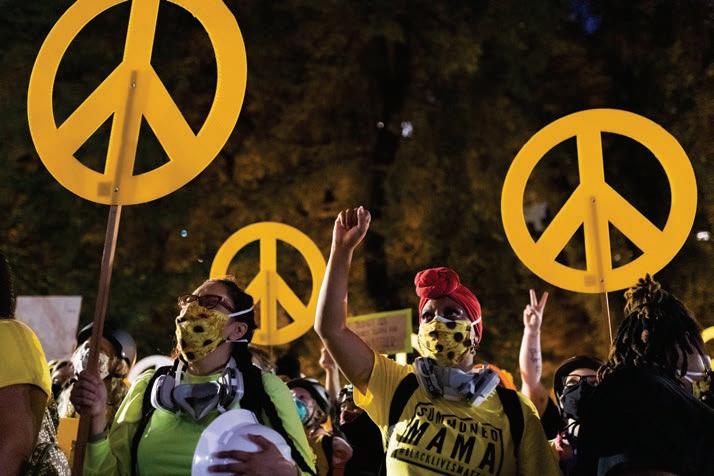
13 minute read
What happens in Sandy doesn’t stay in Sandy
ALEX WITTWER Jayapal: The governor has the authority to do what she’s done. I agree with you that people need to understand policy. Public health policy works better if people understand the why. And I agree with you that the state has not been consistent or clear through the course of the pandemic about setting out a set of principles and a rationale, and then explaining to people how we got from the principles and the rationale to the policy that was enacted. I have been puzzled by nail salons and hairdressers remaining open while other kinds of establishments are closed.
But we can’t have everybody making their own decision about what they think is safe. What happens in Sandy doesn’t stay in Sandy. I mean, a virus doesn’t respect municipal boundaries. Pulliam: I would again ask where’s the evidence that these shutdowns are of businesses that contributed to the spread? And what I’d also like us to concentrate on a bit is our future.
Advertisement
serious threat?
Pulliam: I believe it absolutely is serious, but there’s still a very high percentage chance that people are going to survive who come down with COVID-19. Jayapal: That’s no comfort to the folks who actually have died. And it ignores the fact that there’ve been long-term consequences even if you survive. Pulliam: Yeah, certainly. And there’s serious consequences that those individuals that are still living and are put out of work and not able to get their unemployment checks and have found that everything that they’ve worked for their entire lives has been taken from them. I think that leaders should be looking at the totality of the impact of their decisions.
Jayapal: The economic consequences absolutely have been devastating in some cases. But the way to get the economy back on track is to stop the spread of COVID. We can’t actually get the economy back on track if we don’t stop the spread.
WW: Stan, you told The New York Times in August you were “scared to death that what’s happening in Portland will ever come out to where we live.” What did you mean by that?
Pulliam: At the time of that interview, I think we were right around a hundred days straight of protests after the tragic killing of George Floyd—and much of the protesting was very peaceful, absolutely. But we also saw statutes being torn down and burned and all kinds of things. We just had to turn on the local news. Certainly, people in our community would be nervous about that
NO JUSTICE, NO PEACE: A “Wall of Moms” at the federal courthouse in downtown Portland last summer.
ROUGH RIDING: A statue of Theodore Roosevelt was removed from the South Park Blocks after being toppled by rioters in October.
WW: Are you saying you believe COVID is not really a
reaching our community.
ALEX WITTWER
Because in Sandy, that’s not what we’re all about. We stand in solidarity with our local police departments that work so hard to keep us safe. And we certainly don’t want to see our small businesses being destroyed with vandalism. That’s not what we’re all about. And quite honestly, it’s not what Portland used to be all about.

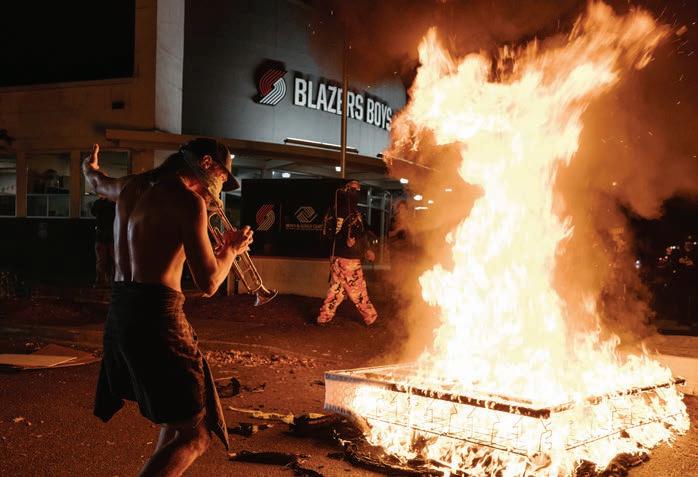
Jayapal: I think we’re probably not going to agree on the characterization of what happened and is happening in Portland. The picture of Portland as a hotbed of violence and vandalism just doesn’t reflect the reality of what has happened here over the past many months. I am incredibly proud of the way that Portlanders stood up and spoke out about the murder of George Floyd and about racism and about Black Lives Matter. For a hundred days, they put themselves on the line, went to the Multnomah County Justice Center, took on tear gas. So if we’re going to talk about calling out violence, we also need to call out police violence.
Pulliam: I think a lot of the violence and destruction that we saw coming out of the city of Portland was quite embarrassing, for most of us in the state. A lot of these small businesses along the main streets of Portland, they weren’t closed because of COVID. A lot of them were closed because of the violence going on in Portland. And I continue to hear people wanting to come down on what happened in D.C. and the right-wing protests while just turning a blind eye to the destruction and violence that happened in Portland as part of these protests. I think we can walk and chew gum at the same time.
I’m guessing that we would both agree that the people that stormed the Capitol should be prosecuted and put in prison. And if we agree on that, do we believe that the folks found to do violence and destruction in Portland should be prosecuted as well?
PORTLAND IS BURNING: A mattress fire across the street from the Portland Police Bureau’s North Precinct.
BACKING THE BLUE: A right-wing protester demonstrates against a “Black Lives Matter” fl ag in Gresham.
SOCIAL DISTANCING: Riot police are regularly called upon to keep dueling demonstrators from injuring each other.
SAM GEHERKE
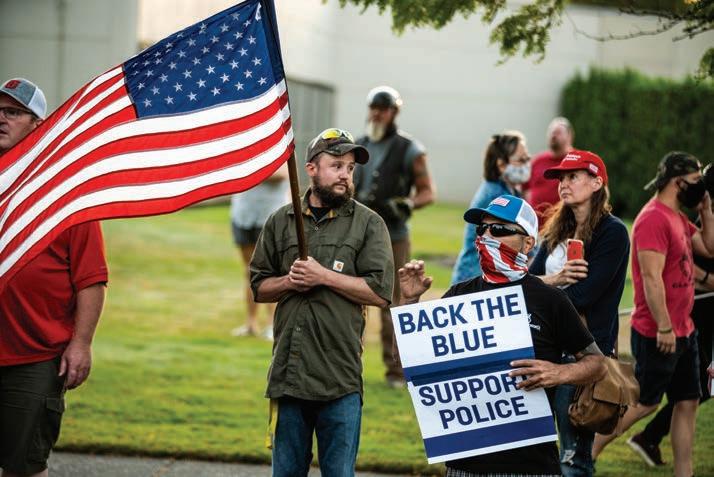
Jayapal: I am going to push back really hard on the equivalence between storming the United States Capitol with weaponry, putting members of Congress in danger [and Portland vandalism]. So I really can’t even respond to that question because it’s a false equivalence.
Pulliam: What about an antifa member shooting a member of the right?
Jayapal: I condemn that shooting. Absolutely. But you made a direct equivalence between, should we prosecute the folks who stormed the Capitol with weaponry and put members of Congress in risk of their lives and with what we have seen in protest in Portland. So that is the equivalence I absolutely cannot buy.
WW: Last week, the House voted to impeach President Trump for the second time. If you had been a member of Congress, how would you have voted?
Pulliam: I would have voted no—for the sole reason that we’re supposed to be unifying this nation right now. Joe Biden will be the next president of the United States. But I saw the other day that 34% of Americans believe that there was fraud in this last election. I’m not sure what impeachment really accomplishes other than sticking your fi nger in the eye of the other side.
SAM GEHERKE Pulliam: I absolutely do. I think in his speech he defi nitely helped incite violence.
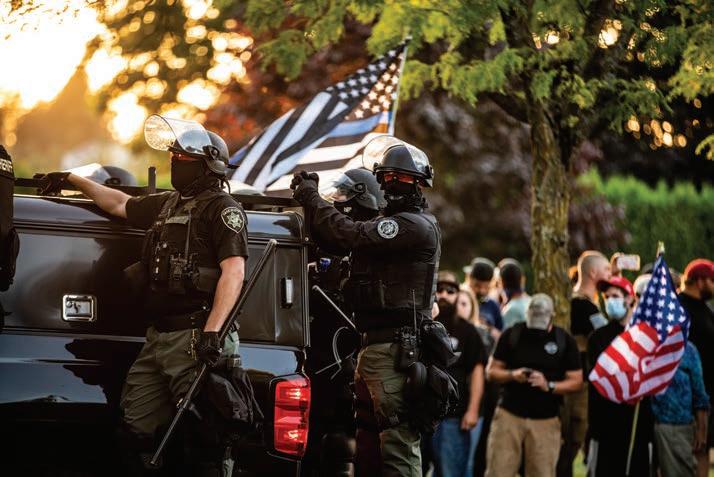
Jayapal: Probably no shock, I would’ve voted to impeach. I don’t believe we can have unity if we don’t have accountability. And I believe that he was responsible not just for the events of the day and inciting people in that time, but for all of the events that led up to the storming of the Capitol, including spreading false narratives about the election.
WW: If you separate out the pandemic, are things moving in the right direction in Oregon or the wrong direction?
Jayapal: It is really almost impossible to separate out the pandemic. But what’s happening at the Legislature has not been going in the right direction: the walkouts, the inability to get any business done in the last session. And it’s not clear what the next session is going to look like. On a local level, many things are going in the right direction. In the Multnomah County area, we’re talking about housing and homelessness and things I believe will go in the right direction with the passage of the supportive housing services measure.
Pulliam: I think what we just heard here was an elected leader from the left say that she believes that things are going for the most part in the wrong direction. And when I think back on who’s had control of this state for the last three decades, we’ve only had one party in control of the governor’s offi ce for the vast majority of that time. You know, the defi nition of insanity is doing the same thing repeatedly and expecting a different result. Oregonians are tired of being last in everything.
Jayapal: You are putting words in my mouth that I did not speak. I said things were going in a diffi cult direction at the Legislature because of the walkout by the Republicans.
WW: Mayor, do you, as someone who lives in Sandy, feel safe when you come to Portland? And Commissioner, as someone who lives in Portland, do you feel physically safe when you go out to Clackamas County?
Pulliam: Yeah, I feel safe when I go into Portland. Then again, I’m only traveling to Portland during certain times and hours. But I certainly feel safe.
Jayapal: There are parts of Oregon and parts of the country where I would not feel safe. I would not feel safe because I would be very conscious of the fact that I am an immigrant and I am brown. We can’t shy away from the ugliness that does exist in the country. It’s not because of the kind of violence or behaviors that we’ve been talking about on the streets of Portland. It’s because of race-based anger and violence.
Pulliam: I think we all want a state where people don’t feel fearful. I think we want female, family-wage jobs and economic prosperity while also balancing that with a healthy and vibrant environment. And if we could just back up and go to that thousand-foot view, we would fi nd that, as a country and as the people, we get along a lot more than we disagree.
Jayapal: I’m an immigrant. I chose to come to the United States, and I then chose to become a citizen of the United States. And so that does reflect optimism. I think it reflects some of what Stan was talking about—that we can be better and that we can continue to make progress to being that vision of ourselves. I think I see much more of the division because of my identity and because of who I am. So I see the obstacles to coming together pretty clearly as well.
Photos by Trevor Gagnier On Instagram: @trevorgagnoire
I don’t know all the cabinet positions, which is a problem. Stacey Abrams, No. 1. She’s truly the only person I can think about when asked this question.”
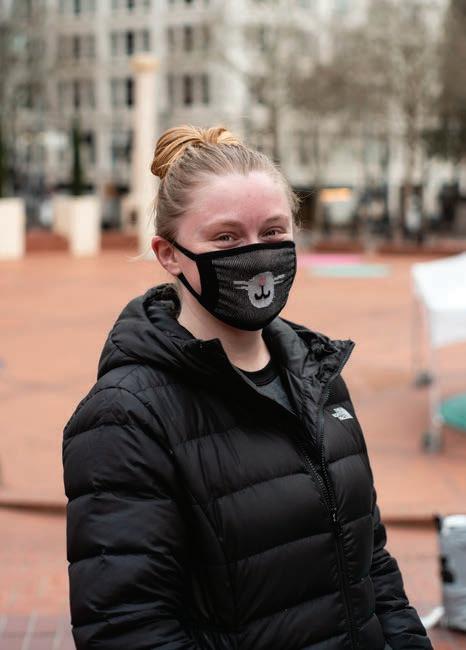
“Michelle Obama. I think C.S. Lewis would be a good problem solver.” 14 Willamette Week JANUARY 20, 2021 wweek.com “I couldn’t give you names, but it would have to be people that have experience, first of all. Their own knowledge of the issues depending on the [position], whether it be in education or security or whatever, so I couldn’t possibly give you a name. Being rational, of sound mind, and able to weigh the consequences of any particular decision— No matter what you choose, you have good and bad.”
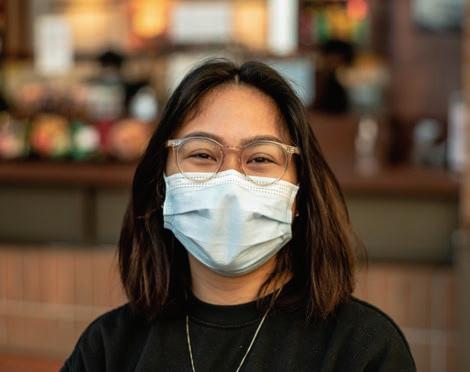
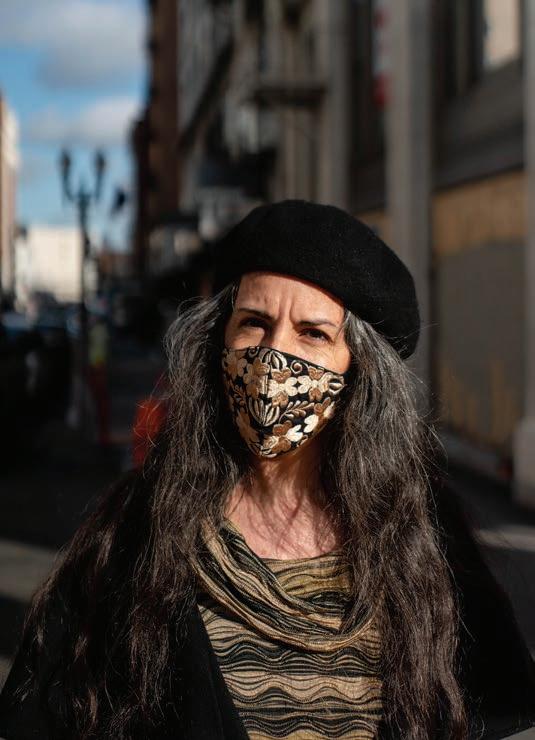


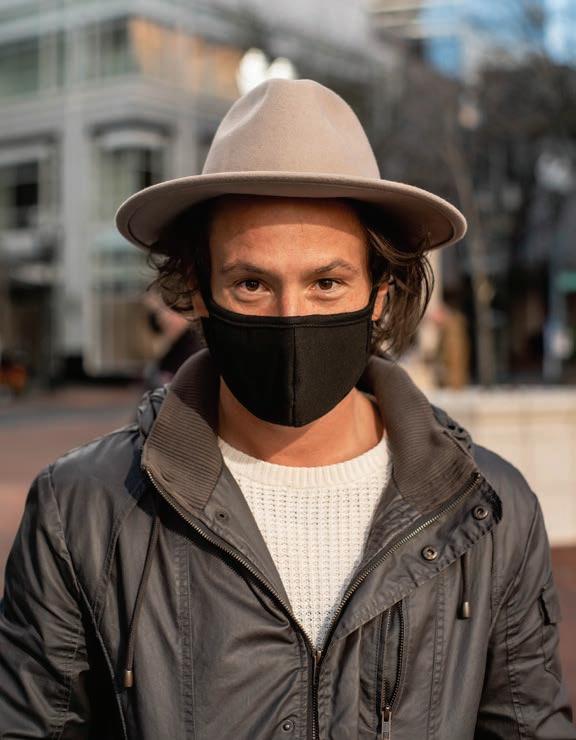
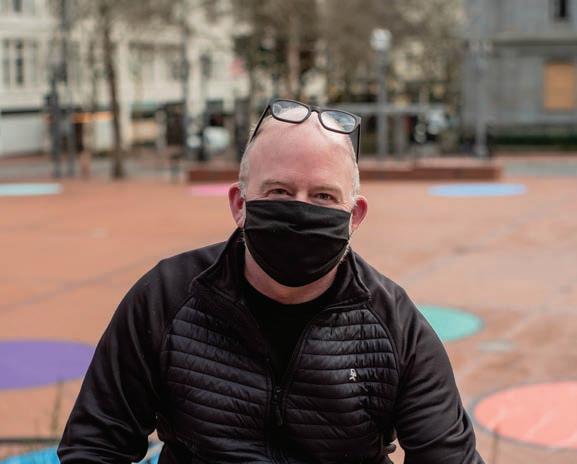

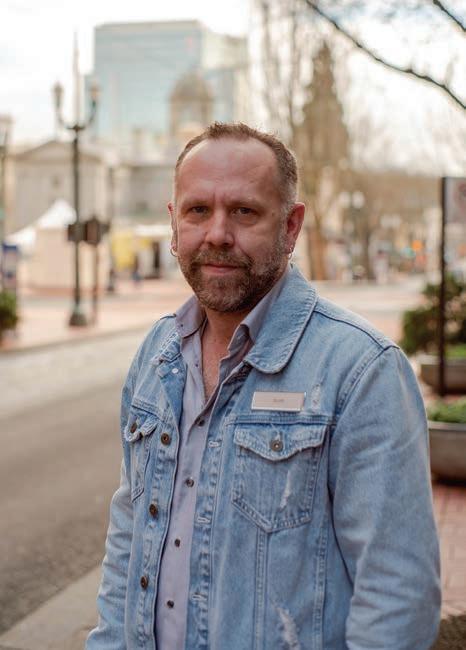

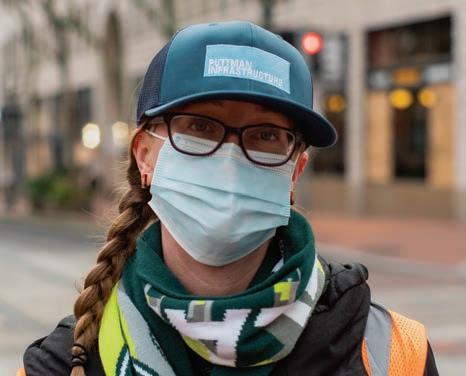

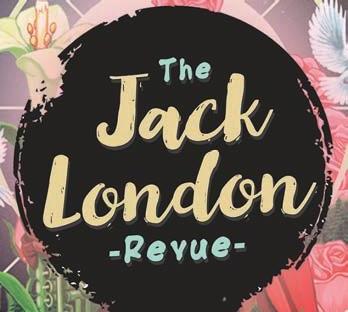

saturdaynightsessions portland'shottestjazz-streaminglive!






CHRISTOPHER BROWNTRIO hioctanejazzmasters JAN30

DONNAJONES ANDTHEDELEGATION feb13



biampPDXJAZZFESTIVAL FEBRUARY18-27 allshows7:30pmdoors/8pmshow ticketsavailable@ www.jacklondonrevue.com




Australian authorities decide not to euthanize a racing pigeon originally thought to be from Oregon after determining its identifying leg band is counterfeit.
MICHIEL HENDRYCKX/WIKI COMMONS Oregon State Parks reopens camping reservations…before its online system crashes.
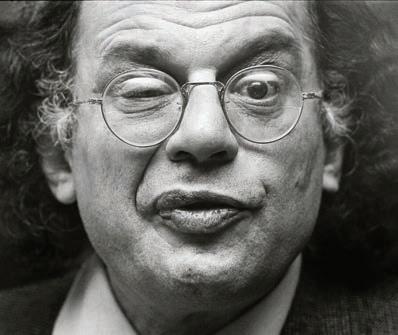
A sports memorabilia store on Southeast Hawthorne is tagged with references to Indigenous sovereignty— despite being Native-owned.
KATU TV
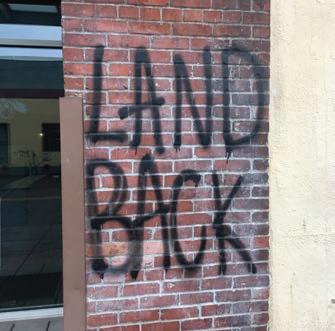
AWESOME
WESLEY LAPOINTE The earliest known recording of Allen Ginsberg’s “Howl,” captured at Reed College in 1956, is fi nally getting a public release.
Hit “Mexicajun” cart Nacheaux is going brick-and-mortar, sharing space with newly opened Blind Ox Taphouse on Northeast 48th Avenue.
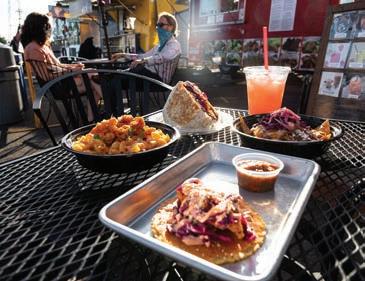
MARIAN WOOD KOLISCH The Eagle Creek Trail closes two weeks after reopening for the fi rst time in three years due to heavy rains.
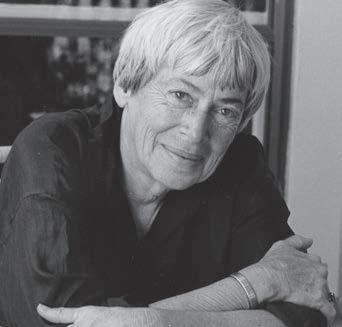

GOFUNDME
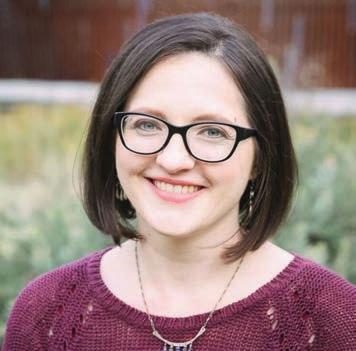
Legendary Portland author Ursula K. Le Guin is getting her own stamp.
Jessica Campbell, Freaks and Geeks and Election actor who later opened a naturopathic clinic in Vancouver, Wash., dies at 38.







